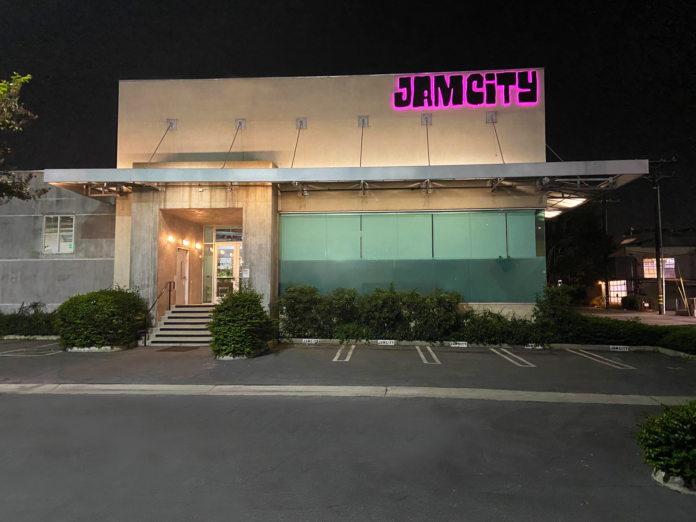Voting guides and tools created by these tech companies could help motivate first-time voters to cast a ballot.
More than 15 million people have turned 18 since the last presidential election, and they rely on digital devices to access information more than any other population group, according to the Center for Information & Research on Civic Learning and Engagement at Tufts University.
As of Oct. 1, more than 1 million people had registered to vote through Snapchat. Around 64.5% of users who have signed up are between the ages of 18 and 24, according to Forbes.
Santa Monica-based Snap Inc., Snapchat’s developer, launched voting tools in September that allow users to register directly in the app. Snapchat also offers information about voting options amid the Covid-19 pandemic, including voting by mail and voting early in person.
In addition, the company rolled out a voter checklist that is embedded in users’ profiles and sends out reminders about voting deadlines in the user’s state.
According to Snap, between 300,000 and 500,000 Snapchat users turn 18 each month. The company said its in-app tools and information can help this group of potential voters navigate the process.
Another popular social media platform, TikTok, rolled out in-app features on Sept. 29 offering candidate information and voting guides. The short-form video platform said it does not accept paid political ads.
TikTok, which has more than 100 million users in the United States, has offices in multiple U.S. locations, including its largest in Culver City.
The guide is accessible on the app’s discover page or on landing pages for election-related search results. It’s available in English, Spanish and “dozens of additional languages,” according to TikTok.
Social media is one of the most effective ways to connect with a broad audience of young people, especially those not typically reached by candidates and campaigns, said Carolyn DeWitt, president of Rock the Vote, a nonprofit focused on young voter engagement.
Rock the Vote has processed more than 1.5 million registration applications on its platform. That’s about 500,000 more than at the same time in 2016, DeWitt said.
“In typical election years, we see registration spikes around deadlines, but as Black Lives Matter protests broke out in response to the murders of George Floyd, Breonna Taylor and others, we saw an enormous surge in registrations. Young people are demanding change,” DeWitt said in an email.
For downtown-based JibJab Catapult CA, the right digital content can also be a powerful tool to encourage voting participation.
On Sept. 22 the company, which does business as JibJab, released its 2020 “Go Vote” music video, a political parody that lets users add personalized elements for free.
Users can upload selfies, or “stick their heads” on the characters in the music video and share it across platforms, including through social media accounts, text messages and emails, according to JibJab Chief Executive Paul Hanges.
JibJab, founded in 1999, builds content that allows customization. The company has more than 1.2 million paid subscribers who can access a full catalogue of ecards with themes ranging from Halloween and Christmas to birthdays and anniversaries.
“We hope our content can help bridge the gap between ‘red’ and ‘blue’ while also once again offering Americans the opportunity to share a laugh at the expense of our politicians,” Hanges said.
Culver City-based mobile game company Jam C
The company launched the #LevelUptheVote campaign in September with initiatives that include in-game push notifications to remind players to register in time to vote.
“We have a large and diverse audience in our game that we’re able to get in front of. In general, mobile games appeal more female,” said Vanessa Rouhani, senior vice president of publishing and product marketing at Jam City.
The company has also been creating content to encourage voting participation across channels including Instagram, YouTube and Facebook.
Jam City’s headquarters have been selected as an early voting center and polling station on Nov. 2. Polling booths and ballot boxes will be set up in the 14,000-square-foot parking lot outside the office building, according to a company spokesperson.

